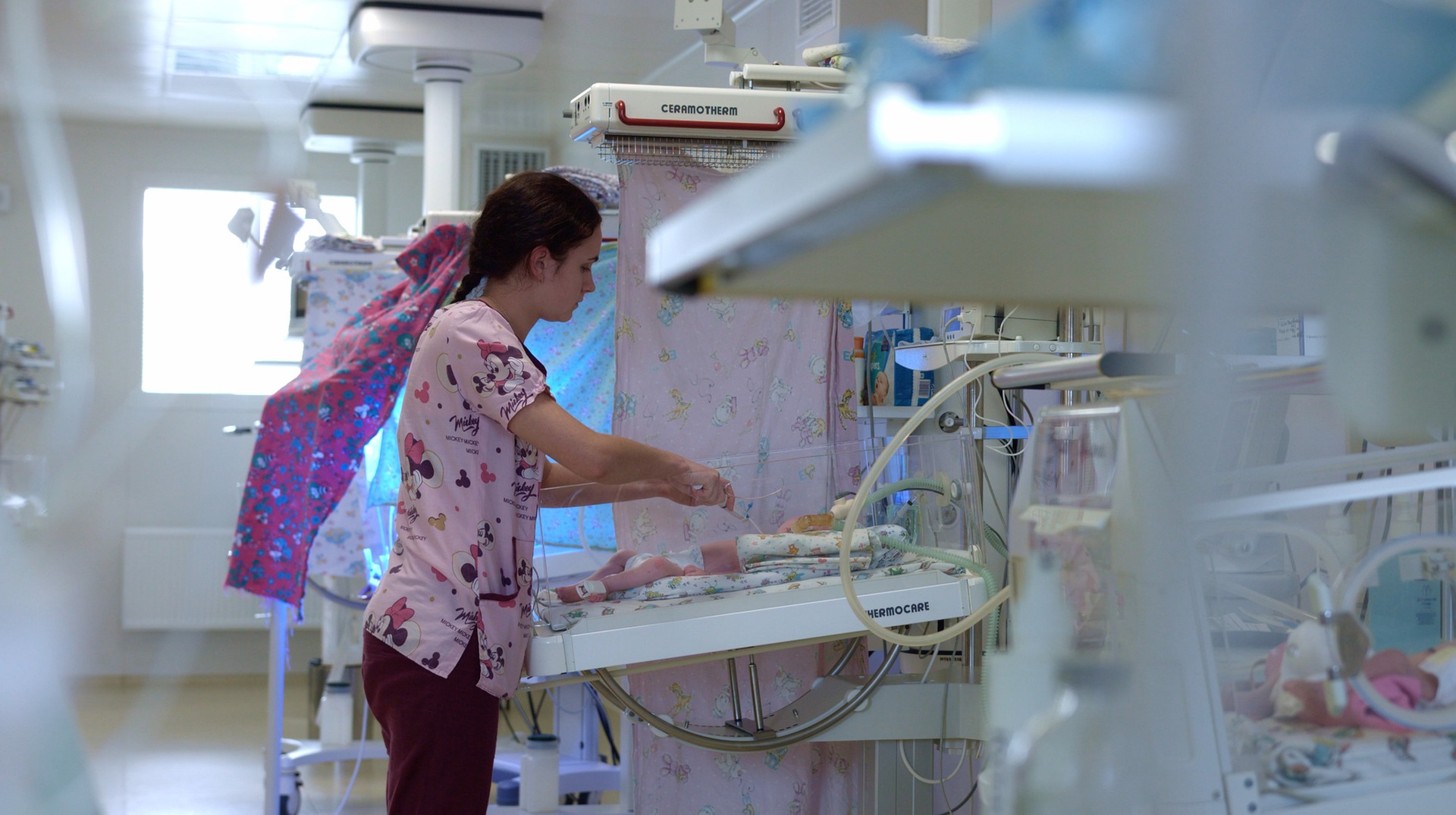
September is NICU Awareness Month. NICU stands for Neonatal Intensive Care Unit. This is a unit in the hospital with specially trained professionals experienced in giving advanced care after birth. Oftentimes these babies are premature, have a low birth weight, have had birth complications, or other medical complications. We experienced the NICU at East Tennessee Children’s Hospital (ETCH) first hand.
A little of our background:
I went to the local Sevierville hospital at 38 weeks because I was experiencing some contractions. After being attached to monitors, I was informed my baby was in fetal distress and rushed to an emergency c-section. During birth, my son experienced Meconium aspiration syndrome which caused him to have trouble breathing, he was low weight and had a blood sugar so low the nurse told me she was surprised he was alive, let alone as alert as he was. That hospital was not equipped to handle a delicate case, and he became top priority to get to the children’s hospital NICU, 45 minutes away from me. So off he went.
Some NICU facts:
- A stay at the Ritz-Carlton is said to be cheaper than a NICU stay. One infant in the NICU can cost over $3,500 a day.
- Most premature babies end up staying at the NICU until their due date. This is not necessarily done on purpose, but it seems to be the way things turn out. This was the case in our visit; we were released a day after his due date.
- JFK was a very big advocate for premature babies, after losing his son due to underdeveloped lungs.
- Premature Baby awareness color is Purple, General NICU awareness color is green.
- Green has become an important color in our life, being NICU awareness and Cerebral Palsy Awareness color.
- A child in the NICU will generally experience (at least one) setback.
At ETCH:
- They have Lifeline ambulances which act as a mobile intensive care unit to help transport the tiniest of patients from their hospitals to the NICU or PICU (Pediatric intensive care unit). ETCH can care for patients newborn to age 21.
- The first tiny patient was wheeled into the new NICU facility in November of 2016.
- The new facility has a roof top garden to allow parents to take a moment to themselves. This was a place my husband and I escaped to every night; it was a peaceful place among the chaos.
- They give parents an opportunity to take classes to prepare themselves for going home with their NICU baby.
- As of 2019, ETCH participates in the Bead of Courage program, which is a program that awards children with various beads honoring the things they have been through. My son was able to participate in this program when he was a patient, I have not been able to confirm they still participate.
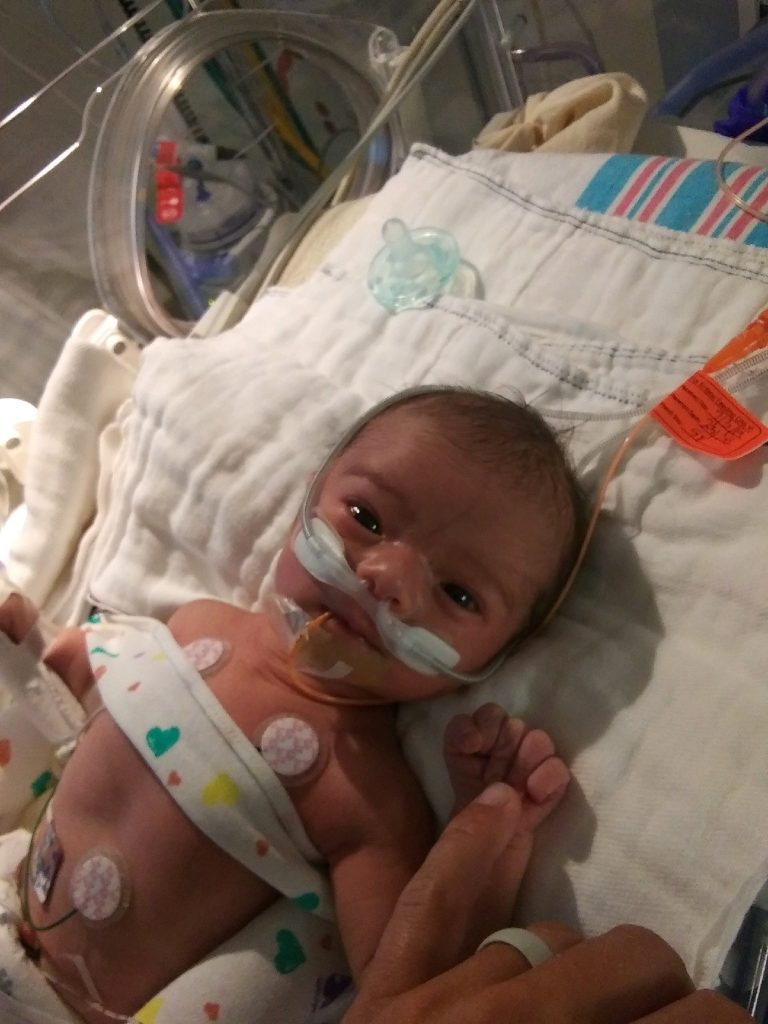 Our stay:
Our stay:
ETCH made something that was such a scary time in our lives, as comfortable as possible. We were never worried about the care they gave our son. We had various tests and procedures done. He was on and off oxygen a couple of times as well as having a NG (feeding tube through the nose) tube to eat. He had one major set back, which was heart breaking, but part of his journey. We saw a specialist that was able to help us get him to eat independently. We even came up with his nickname, that we still use to this day, during a procedure at the NICU.
One memorable story:
One of the most memorable stories I have from our time in the NICU, was the first time I was able to hold my son. My son was transported so quickly away from my hospital, I never got a chance to hold him. Before transport, I was able to touch him through the incubator for about 20 seconds before they wheeled him away. I had to stay at my hospital to recover from my surgery. Even being released a day or two before scheduled, I still did not get the opportunity to hold my son until he was three days old. I wouldn’t have gotten the chance then, if not for one particular doctor who believed strongly that being held by mom can help a baby’s recovery. He came in to ask if I had gotten a chance to hold my son yet, and was upset when I told him I hadn’t. He immediately went to get a nurse to help me maneuver through the cords, tubes, and monitors to be able to hold my baby. I never got that doctor’s name, but I am so grateful for him being so persistent. It is something I will always be grateful for and will never forget.
After the NICU:
- There are often follow up visits with specialists required after release from the NICU.
- It is smart to initially limit the amount of people to visit once released from the NICU.
- Not all NICU babies will have life-long complications.
- Parents of babies in the NICU can experience PTSD after release.
Where is he now?
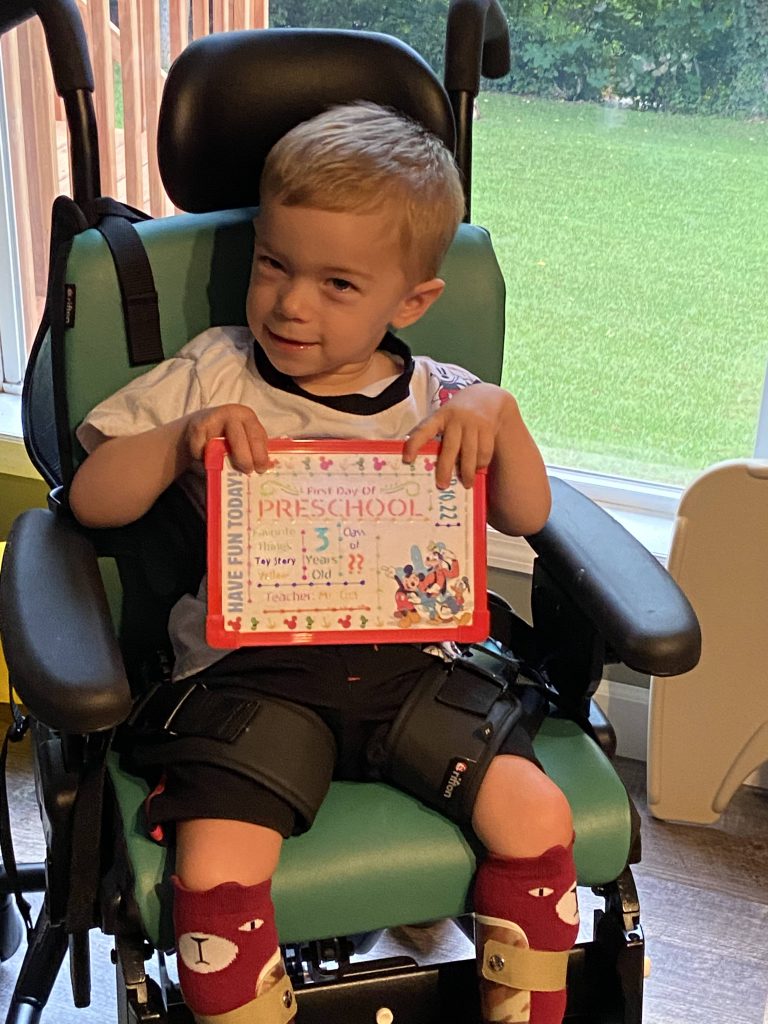 Our son’s care will remain a lifelong battle. He was diagnosed with Cerebral Palsy which could have resulted from his traumatic birth and NICU stay or could have been the reason he had a traumatic birth that resulted in a NICU stay; the cause of CP is still unknown. He continues to work hard every day. He began pre-school this year, and as hard as it was for me to watch him go into school, I am so proud at how far he has come and how strong he is. We have gone back to ETCH to visit specialists, get diagnosed, and have testing and procedures done.
Our son’s care will remain a lifelong battle. He was diagnosed with Cerebral Palsy which could have resulted from his traumatic birth and NICU stay or could have been the reason he had a traumatic birth that resulted in a NICU stay; the cause of CP is still unknown. He continues to work hard every day. He began pre-school this year, and as hard as it was for me to watch him go into school, I am so proud at how far he has come and how strong he is. We have gone back to ETCH to visit specialists, get diagnosed, and have testing and procedures done.




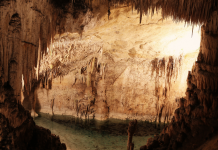




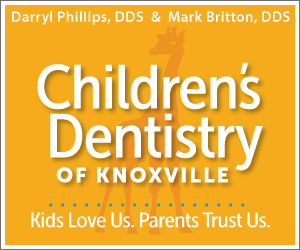

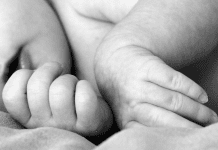
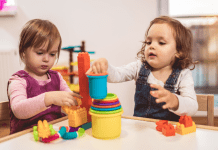
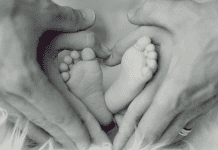





Beautifully written!